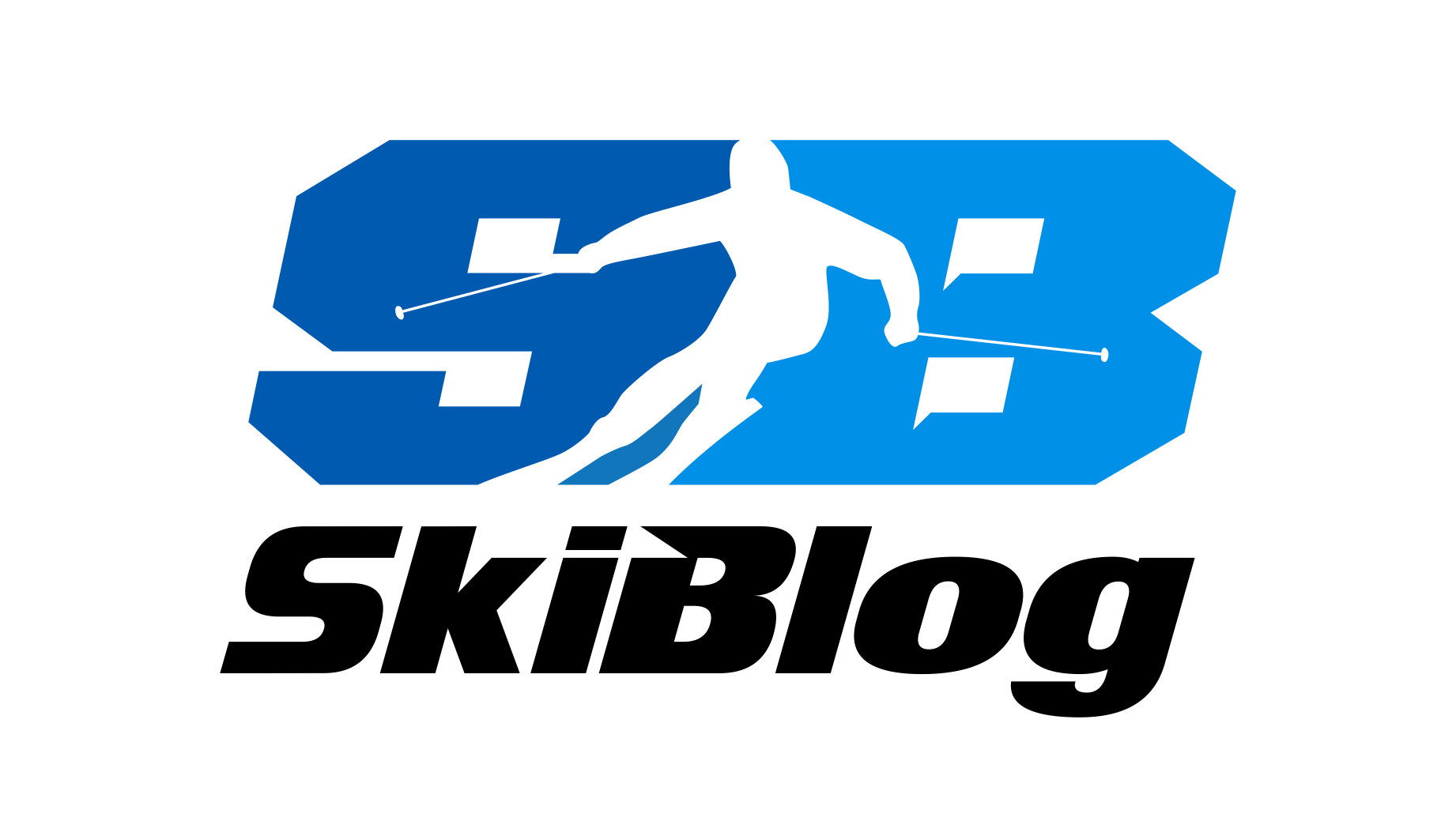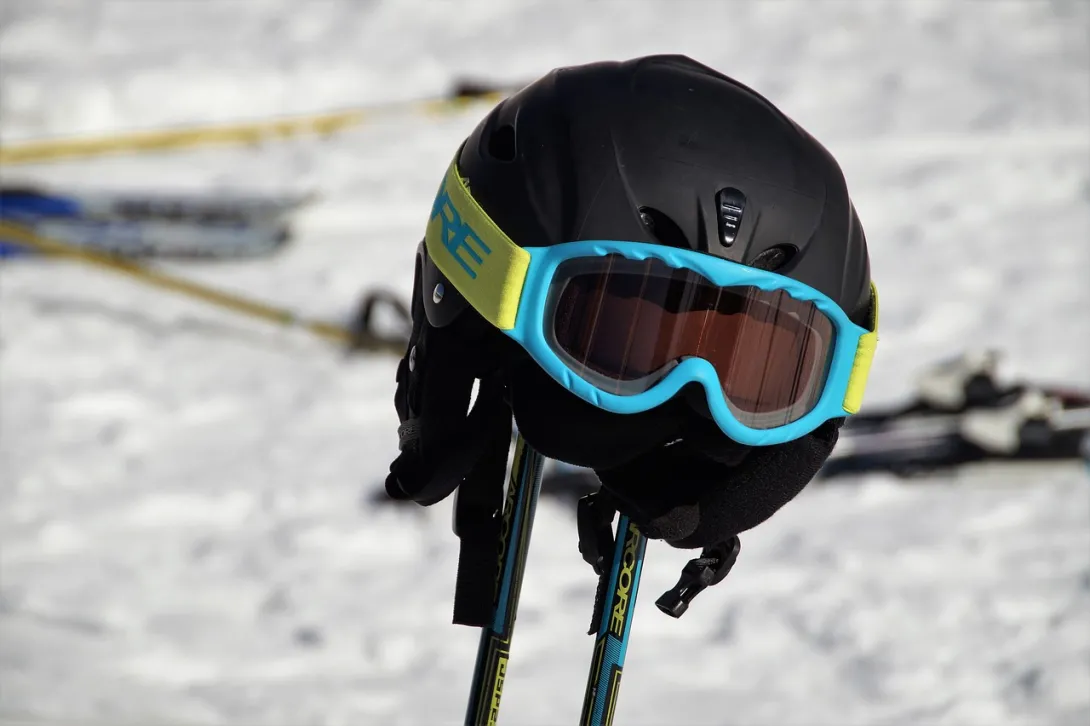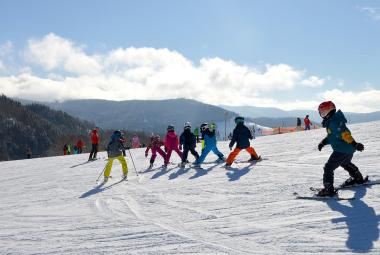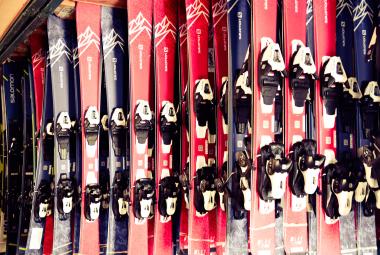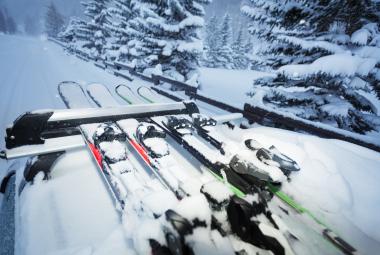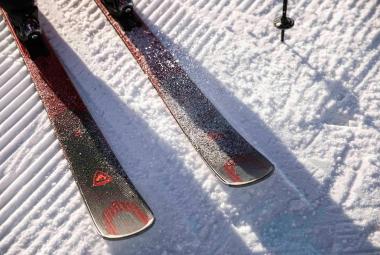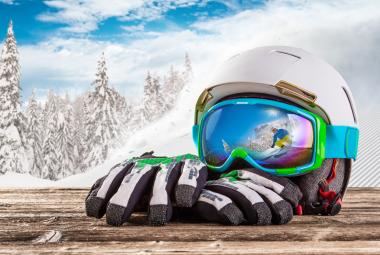There aren’t too many occasions in life where wearing a helmet will make you more cool. Finding yourself in the mountains is that one occasion. There is a skiing helmet for you no matter what you are looking for to complete your look.
Wearing a helmet isn’t just about looking cool. While you may not be throwing mad tricks in the terrain park, or skiing backcountry you should still wear a helmet. One of the biggest risks on the mountain can be other skiers. It’s widely recognized that over 22% of head injuries in skiers result in loss of consciousness. That’s not to say if you fall you are guaranteed to hit your head but if you do changes are it will be serious.
While there is no concussion proof helmet, you have every reason to wear one. There is a helmet on the market for every need or fit. Today’s helmet has all the features to keep you safe and comfortable.
Why wear a helmet?
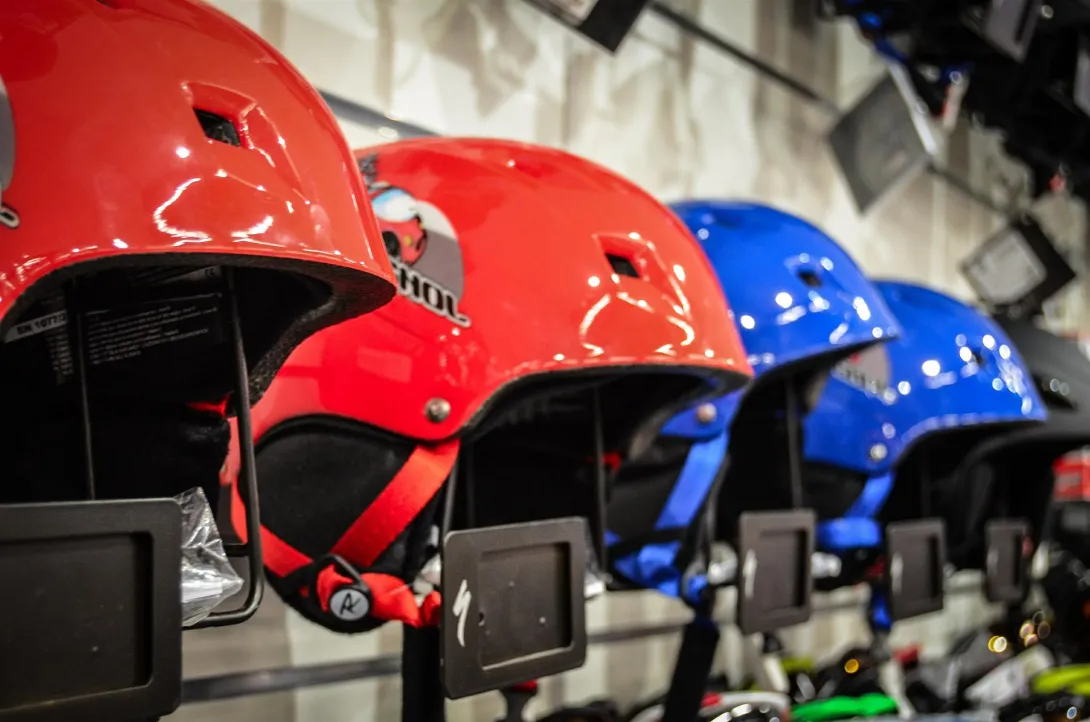
A skiing helmet is specific to the types of impact that can occur during a fall. While it may seem like an affordable option to use a bike helmet or other helmet these helmets are insufficient unless they are labeled as multi-use.
A ski helmet will also keep your head warm. This helps create a better fit because there is no need for a hat underneath. For spring skiing there are also vented ski helmets to ensure you don’t get too hot.
Fit
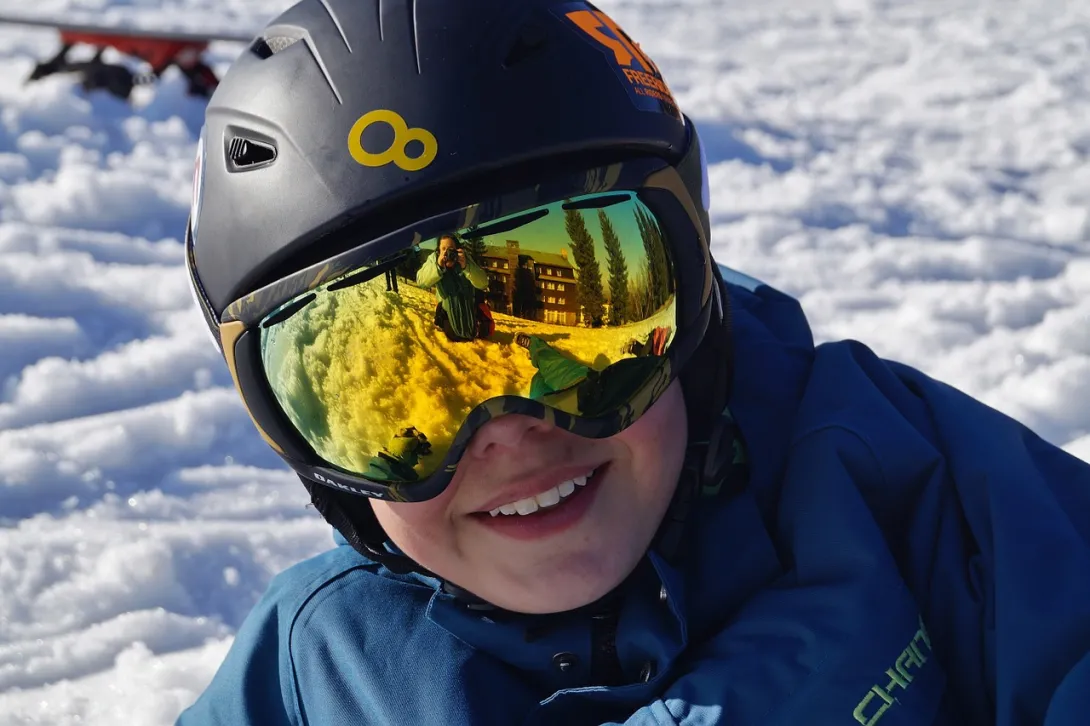
To make sure you have the right fit, a skier should try the helmet on with their hairstyle of choice. If the helmet can’t be tried on you can measure for the correct size by using a measuring tape just above the eyebrows and ears to make sure the measuring tape stays level from front to back.
Consult sizing charts for each brand as they vary from brand to brand. Unique to ski helmets are goggles. After selecting a helmet that fits snug with no spaces between the padding and your head, you will want to try it on with goggles. Ideally, there is no space between the top of the goggles and the helmet.
Lifespan
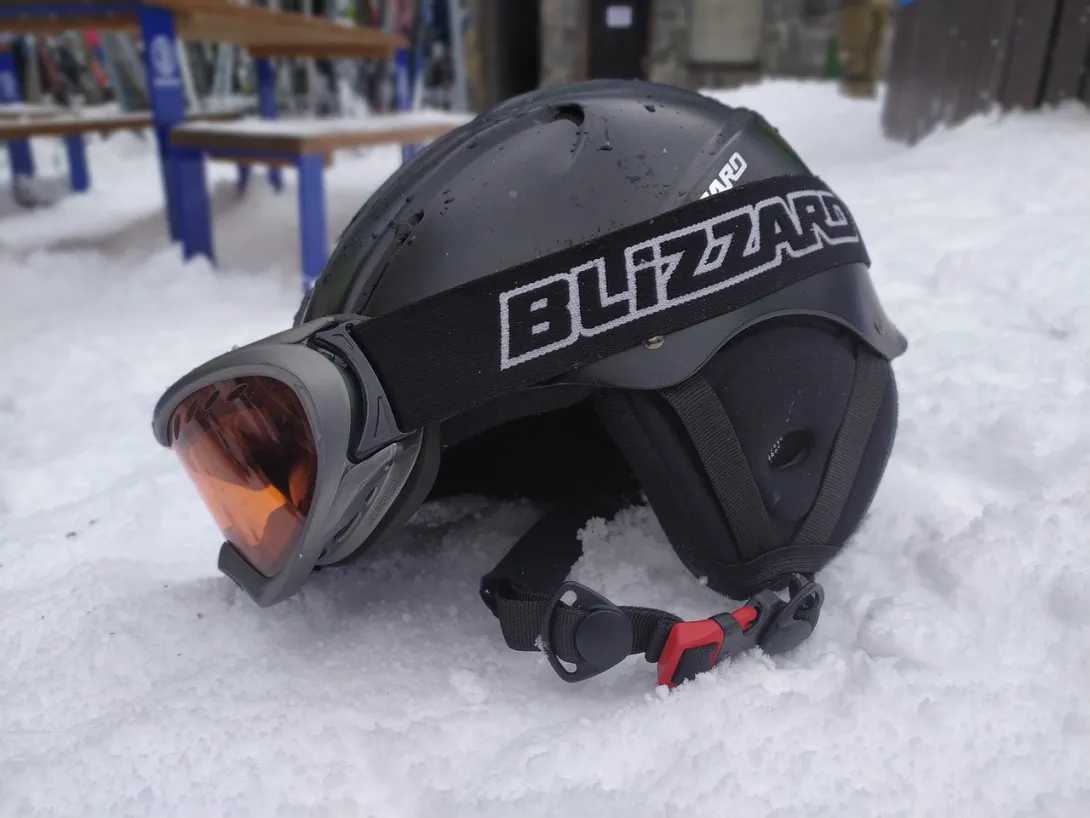
A helmet can withstand more than one crash but if it’s serious enough the helmet should be replaced. Many of these helmets are designed for one large impact.
Helmets should regularly be checked for damage, discoloration, or missing padding, They should not be used to sit on or support any weight and helmets should also be stored in a temperature-controlled setting.
Visor
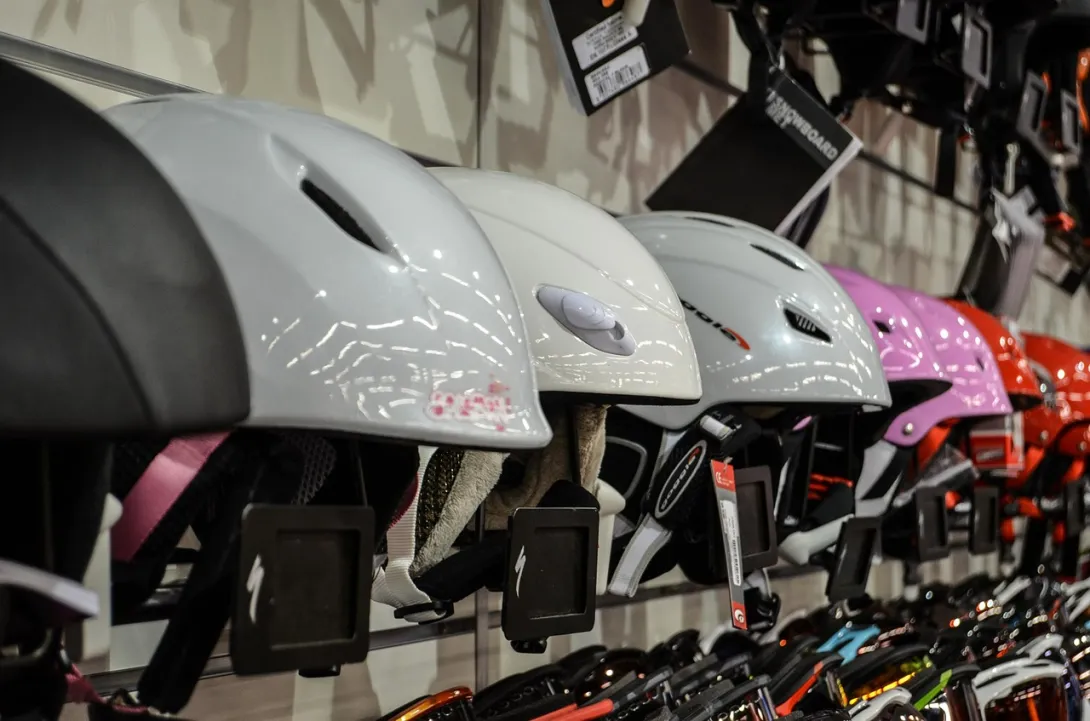
Some Helmets come with a visor. While it’s not anything extreme, this visor can help with poor goggle fit. Visors can also help protect your goggles from scratches when skiing in the trees.
Part of the decision when it comes to a visor or a brim is the look you want to go for while hitting the slopes.
Speakers
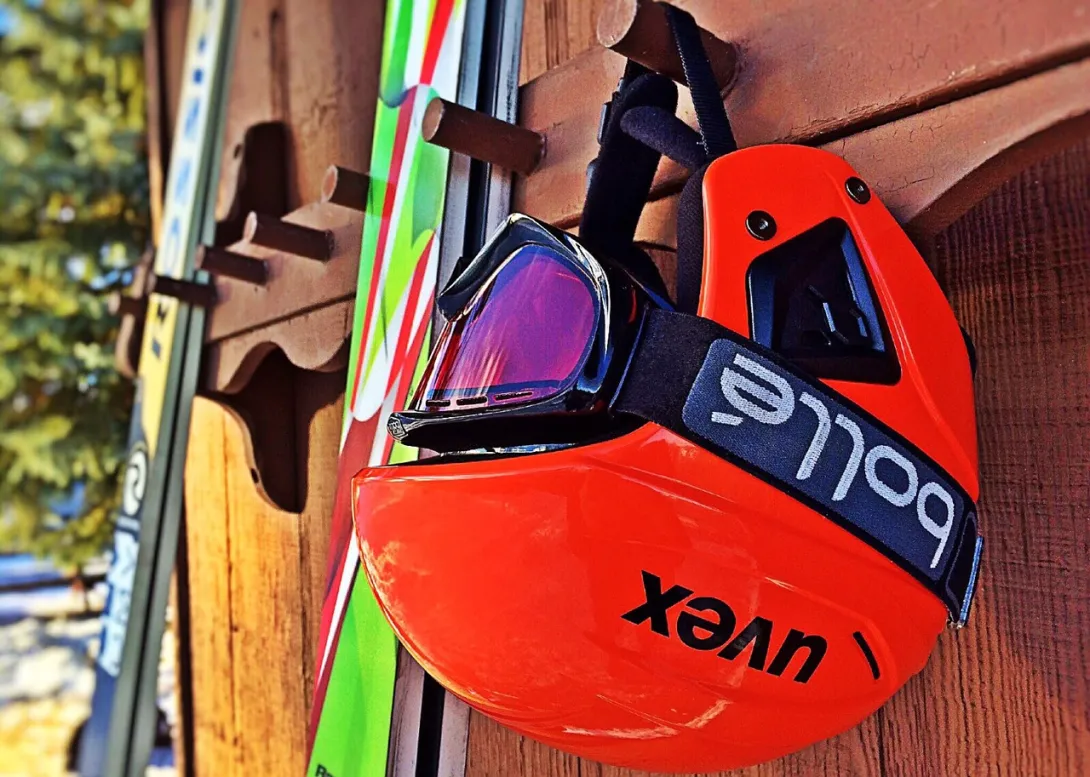
Many helmets are now designed to include audio compatibility. This eliminates having to decide between sweet mountain jams or safety. These guys have thought of everything.
With easy wireless hookup or headphone compatibility and glove friendly adjustments for pausing and volume.
Esthetics
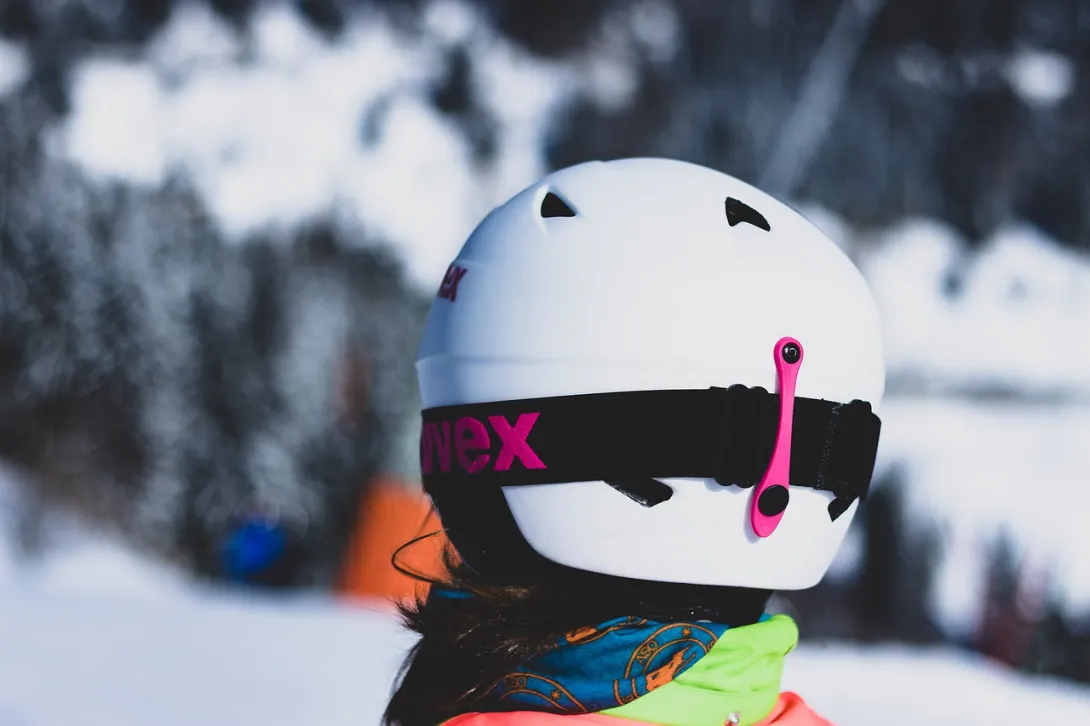
While black helmets are readily available and versatile you can find a wide variety of colors. Common colors are grey, red, and pink. Helmets now come in a modest matte finish. Whatever your desired look you can find a helmet to match.
Being comfortable on the slopes is often what will make or break your experience. Today’s helmets are light, comfortable and add to your mountain attire. They also offer some psychological comfort. Knowing that your head is protected can make it easier to take risks can enjoy the mountain.
